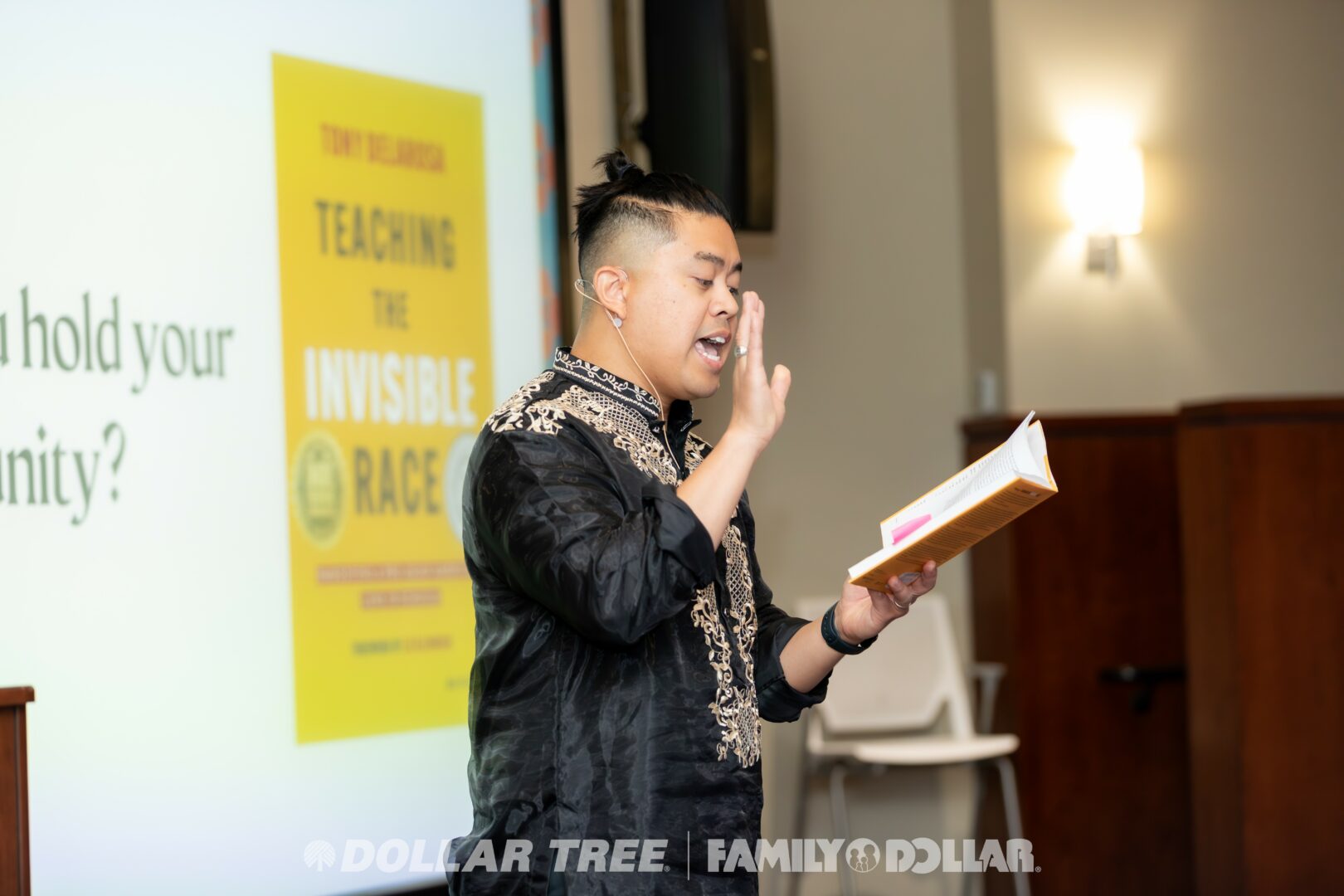Tony DelaRosa shared their story and experiences with us recently and you can find our conversation below.
Hi Tony, thank you so much for joining us today. We’re thrilled to learn more about your journey, values and what you are currently working on. Let’s start with an ice breaker: Have you stood up for someone when it cost you something?
Of course, as the owner of an anti-racist education firm, it’s my job to speak truth to power and/or to cultivate spaces for culture shifts, especially when it’s inconvenient. I’m in the business of making people uncomfortable because reckoning with internalized racism and racist systems, both small and large, is no small task. During this last decade, I’ve received repercussions in the form of direct and indirect counter-insurgent speech/action and defamation for simply educating on solidarity on movements like Black Lives Matter, on LGBTQIA+ and immigrant rights, or on the genocide in Gaza.
Can you briefly introduce yourself and share what makes you or your brand unique?
My name is Tony DelaRosa (he/they/siya). I’m the son of Filipino immigrants from Pampanga and Cavite, and a father to two adorable and bright Filipino-Cuban kiddos. I founded Tony Rosa Speaks LLC, which is a national anti-racist education firm that provides: keynote speaking, research, strategy, and coaching with a Critical Filipino American lens. I emphasize “Filipino American,” because from this positionality and culture, I draw my authenticity, my indigenous wisdom, and competitive advantage. My clients come from P-20 education organizations and systems, but I also work with the private sector. I have a small team, and will hire consultants for different projects based on project scope. While I focus on strategy, research, and coaching, this interview will focus on my keynote speaking and research where I have spent most of my time.
For research, I’ve been trained at Harvard and UW-Madison in multi-mixed-methods and community-engaged research with a speciality on qualitative methodologies such as critical ethnography, critical discourse analysis, oral history, document analysis, and phenomenology. I combine these methods with critical theory (ie, Du Boisian theory, Critical Race Theory, Critical Filipinx Studies, and AsianCrit) to uncover profound truths of populations, teachers and leaders, organizations, places, and systems. Currently, I co-investigate a lab called USAP Tayo at the Center for Healthy Minds at UW-Madison, which focuses on understanding how well-being and politics are intertwined. Check out our study at: https://osf.io/jy3a2
My primary source of income comes from keynote speaking, workshops, and lectures. I speak on Du Boisian theory, Asian American & Filipino American History, Social Movements and Cultural Wealth, the Power of Project-Based Learning, Educator-Scholar and Administrator Wellness, and Cross-Racial Solidarity. While most keynote speakers give a mundane formula of “how-to-fix-XYZ” in your organization, I bring spoken word poetry to infuse emotional intelligence and transform rooms of 30 to 1000 into liberatory classrooms both in-person and virtually. My most recent clients have been Dollar Tree Corporate, NYC Department of Education, Penn Carey Law School, Airbnb, Sonoma County Office of Education, and the City of Madison, Wisconsin.
Thanks for sharing that. Would love to go back in time and hear about how your past might have impacted who you are today. What was your earliest memory of feeling powerful?
I was reminded of my power early on when I delivered a keynote speech in front of middle school kids at the Students of Color Conference hosted by the Association for Independent Schools of New England in 2019. As a child, I NEVER saw Filipino American spoken word artists and educators, so being able to bring this full version of myself to other racially minoritized kids felt both joyful and consequential. The U.S. education system can diminish the spirit of minoritized kids for its orientation to white Eurocentric dominance and anti-blackness. Still, during that conference, I remember the kids, parents, teachers, and administrators personally thanking me for filling their spirits and asking for more. The administrator of that conference asked me to come back to work with their administrators and teachers, which told me something that traditional teaching programs and mentors have never told me — my knowledge, skills, and mindsets were unique and needed at a larger scale.
When did you stop hiding your pain and start using it as power?
When I started reading Nick Carbó’s and Beau Sia’s poetry at the University of Cincinnati, I realized that I was not alone in my experiences growing up as a Filipino/Asian in America. Witnessing Nick Carbó’s unapologetic love for the Critical Filipinx Studies and Queerness, along with Beau Sia’s playful use of literary devices through spoken word poetry was a recipe for strength. I started writing my own story and performing it in front of audiences in my basement in Lebanon, OH and later in Cincinnati, OH, which was the beginning of my journey in becoming an educator, leader, and public speaker. I realized that writing and performing were sacred and critical practices because the U.S. education system gatekeeps certain forms of knowledge-production. Writing and performing was a form of excavating difficult and necessary truths that others needed to hear to learn something new or to see themselves reflected. Because of my experience in Cincinnati, I started to excavate embodied stories of pain, passion, and transform it into poetry regularly and later culture shifts.
Alright, so if you are open to it, let’s explore some philosophical questions that touch on your values and worldview. What are the biggest lies your industry tells itself?
There are two lies I want to address pertaining to equity-forward systems and communal care:
Equity-Forward Systems: Currently, the industry is telling speakers and consultants like myself that equity-forward programs, policies, and systems informed by racial literacy, anti-racism, ethnic studies, and decolonization are not valuable just because a few people say it’s not. These concepts protect people and save lives. During this era, marked by the attacks on equity-forward programs, policies, and systems, everyone needs to support these programs, policies, and systems to not only exist but be bolstered in their own communities.
Communal Care and the Zero-Sum Game: I quote my friend J.S. Park, author of “As Long as You Need,” when he says, “It should not have to happen to you to care.” What a keen and straightforward statement. The industry thinks that focusing on educating about one group marginalizes another group, but this is not how education works. For example, my educating about Black history is not a zero-sum game. When you educate about pro-Black history and culture, studies suggest that others will benefit from that. We should be able to support public goods that help the most marginalized people in our communities without repercussions.
Okay, so before we go, let’s tackle one more area. What do you think people will most misunderstand about your legacy?
Less of a misunderstanding about my legacy, but the legacy of anyone engaged in Critical Filipinx Studies and Asian American studies is always misunderstood. While my work is grounded in these two larger area studies, the utility of these area studies has value beyond the Asian and Filipino American community. For example, I bring the indigenous Filipino theory and concept of kapwa into my talks with leaders. Kapwa, inherently, means ‘interconnectedness’ in Tagalog, and has been theorized by scholars like Virgilio Enrique, Leny Strobel, EJ Ramos David, Lilaine Sevillano, and Jessica Dionela Petalio. Kapwa is an interconnectedness with self, with others, and with the earth. Kapwa is inherently a social justice concept because it emphasizes collective preservation and sustainability over the individual. Leaders in all sectors struggle with this concept because their metrics for success are driven by individualism and capitalism. Leaders might even add an environment, sustainability, and governance (ESG) arm to their organizations to claim that they value the environment; however, they do and contribute little to that arm, just like how diversity, equity, and inclusion councils/programs are treated. When I speak about kapwa with leaders, they slowly disrupt these Western values and start creating and preserving habits, mindsets, and systems that focus on the collective over solely the individual.
Contact Info:
- Website: https://www.tonyrosaspeaks.com
- Instagram: @TonyRosaSpeaks
- Linkedin: https://www.linkedin.com/in/tonydelarosa89
- Youtube: @TonyRosaSpeaks
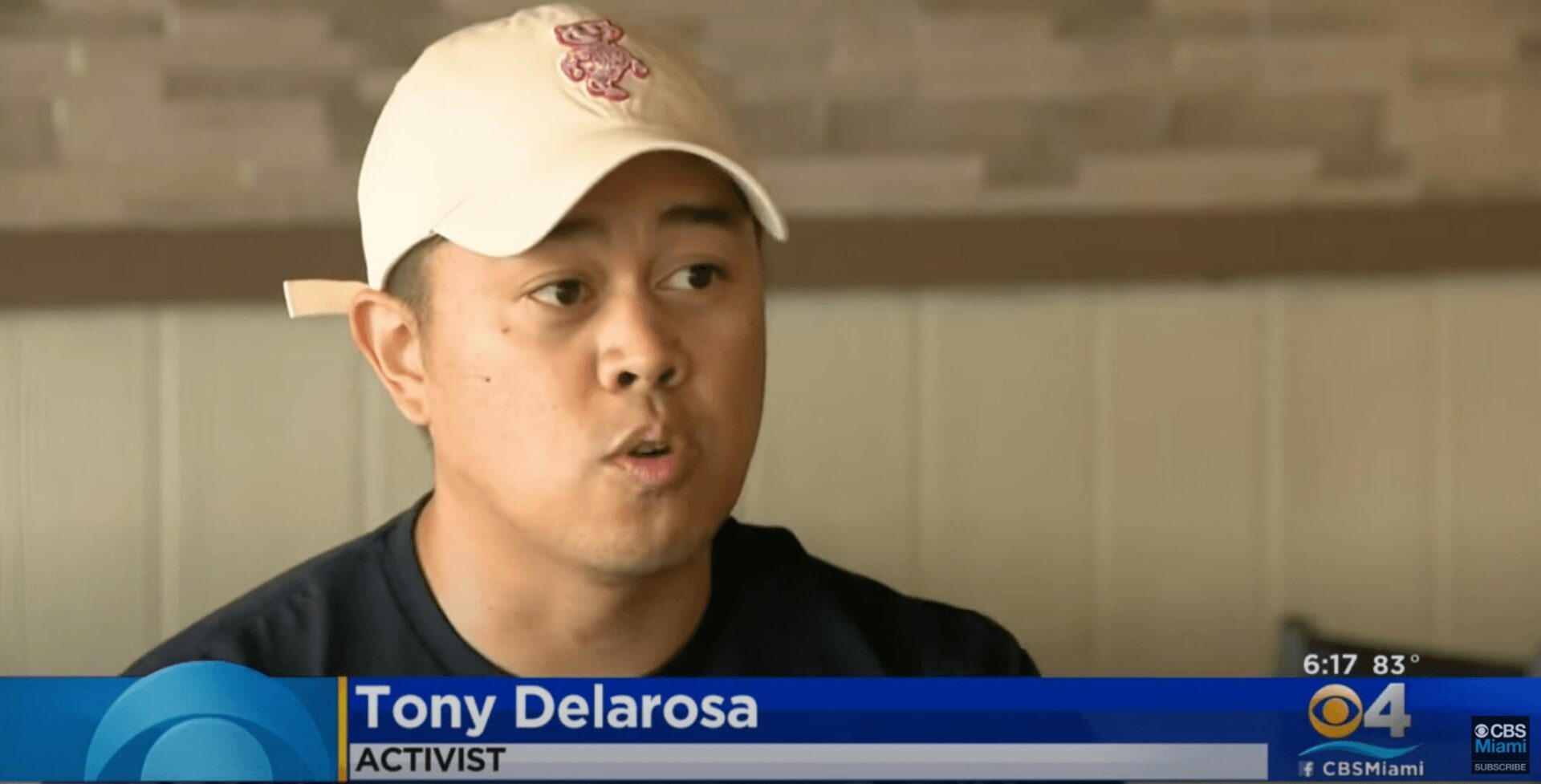
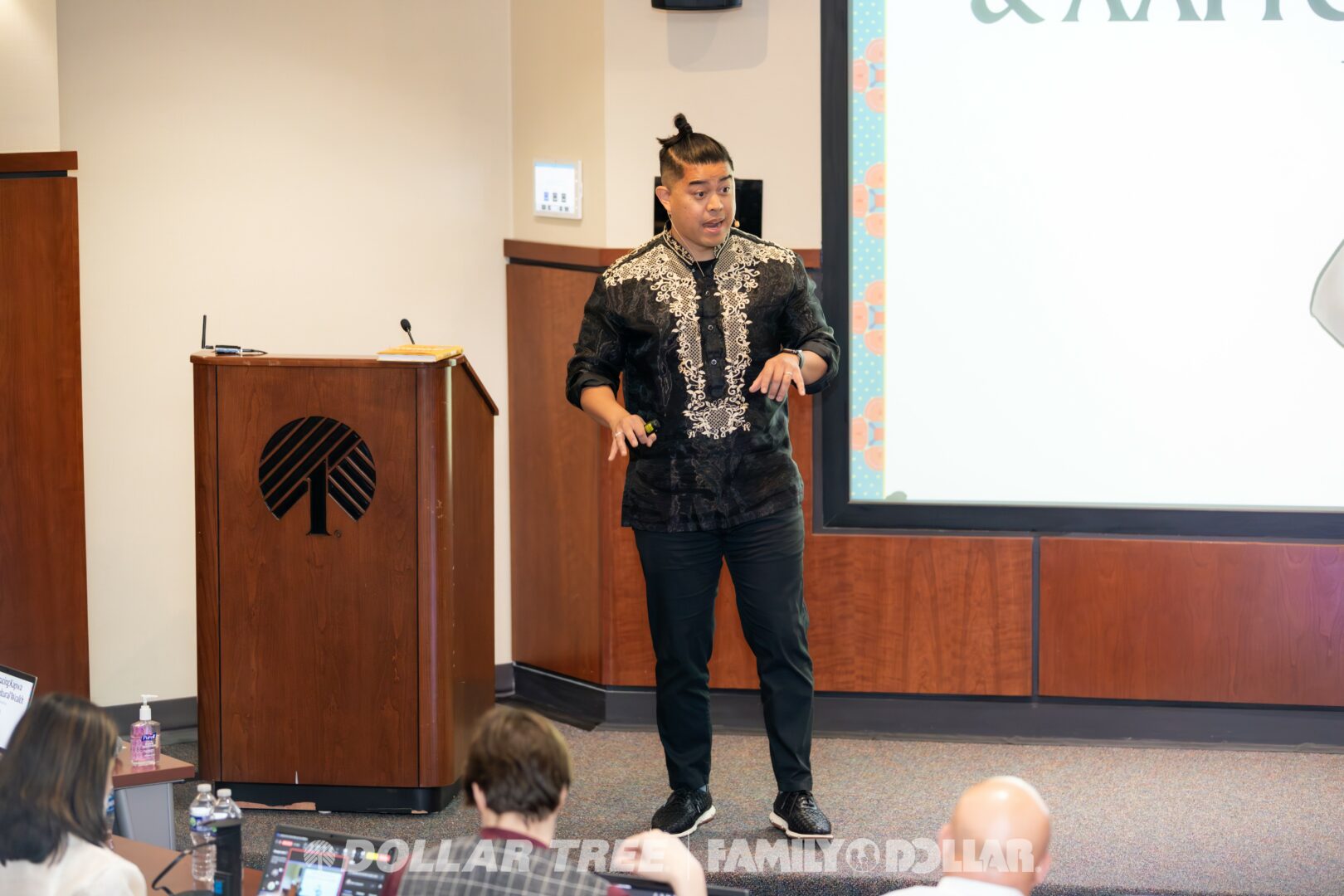
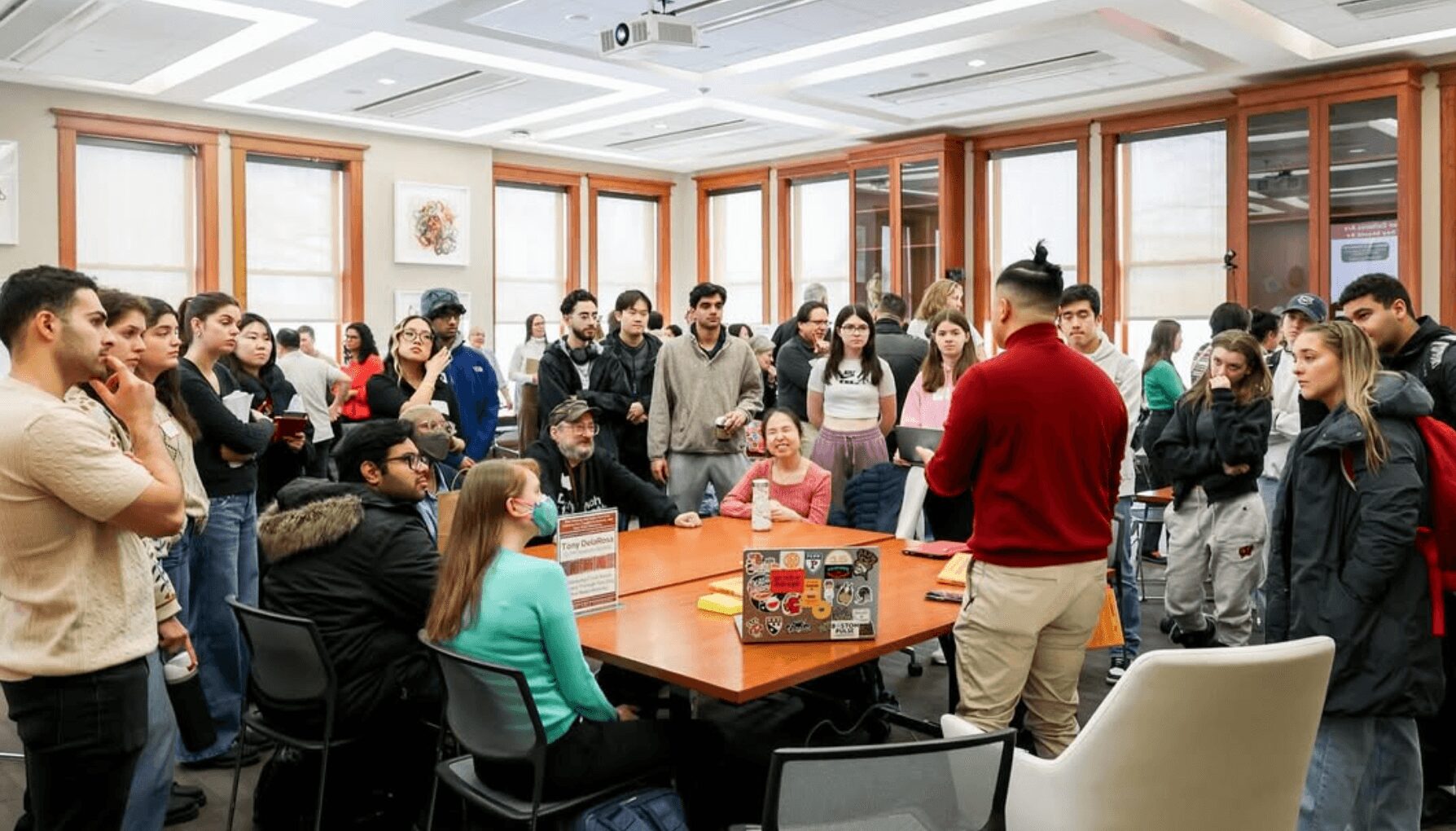
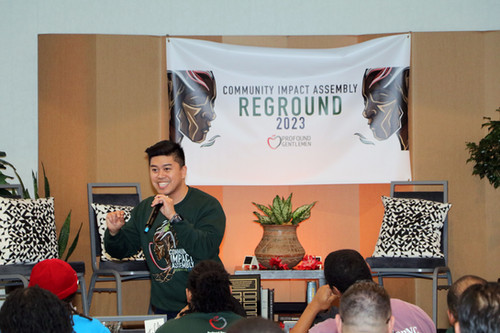
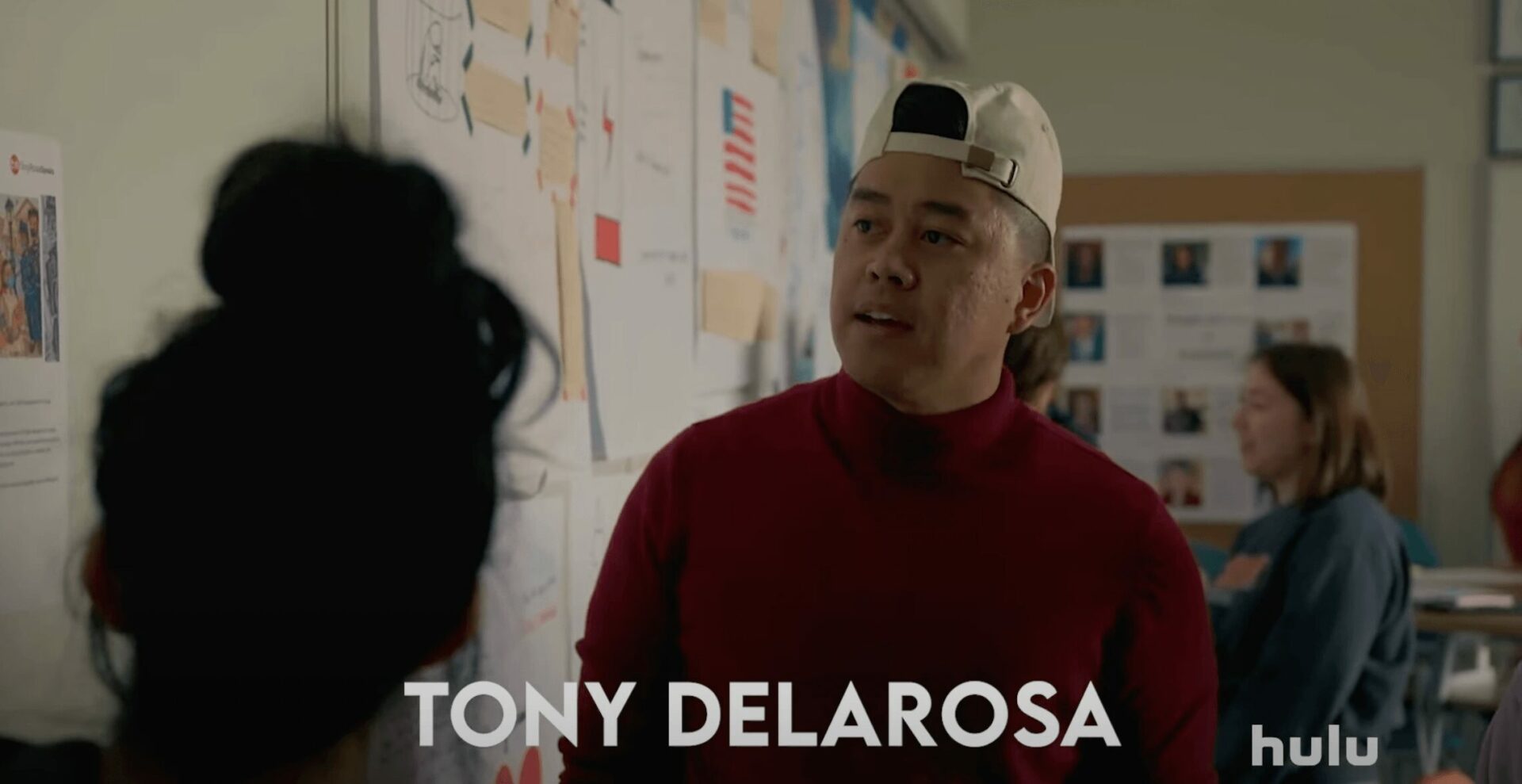
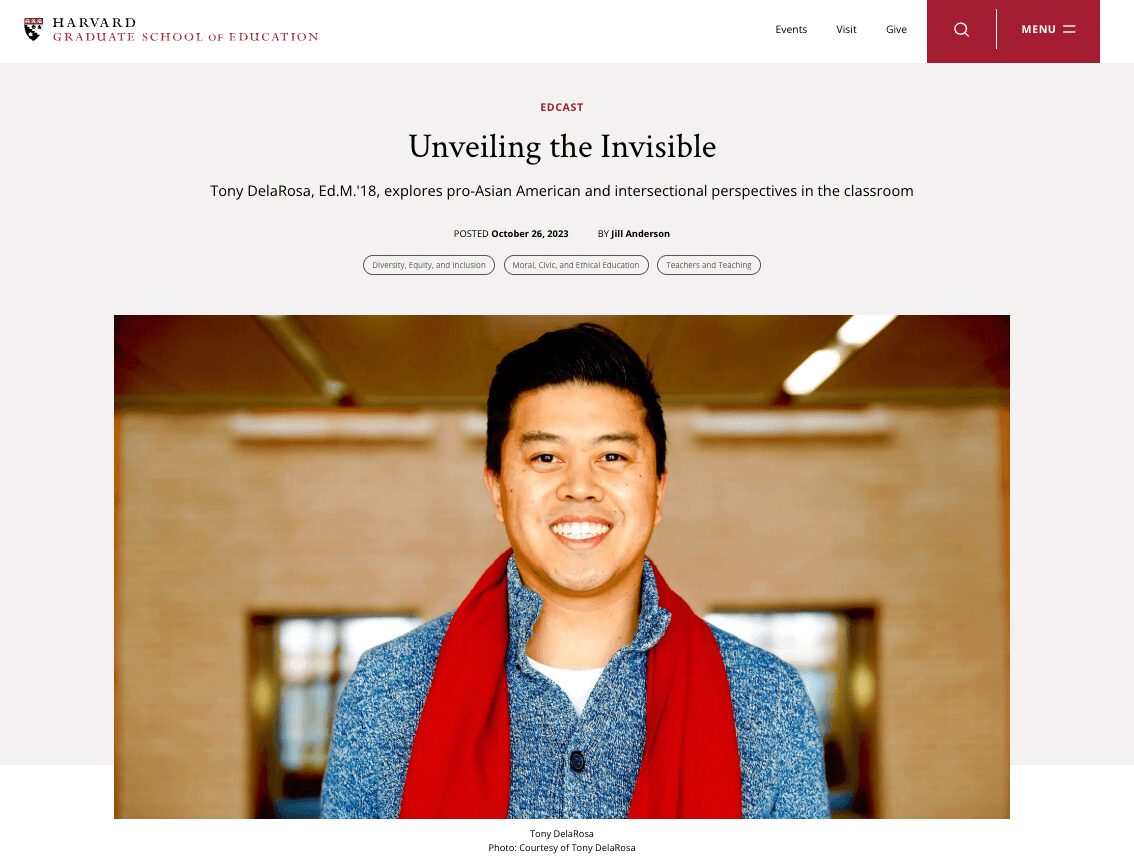
so if you or someone you know deserves recognition please let us know here.

